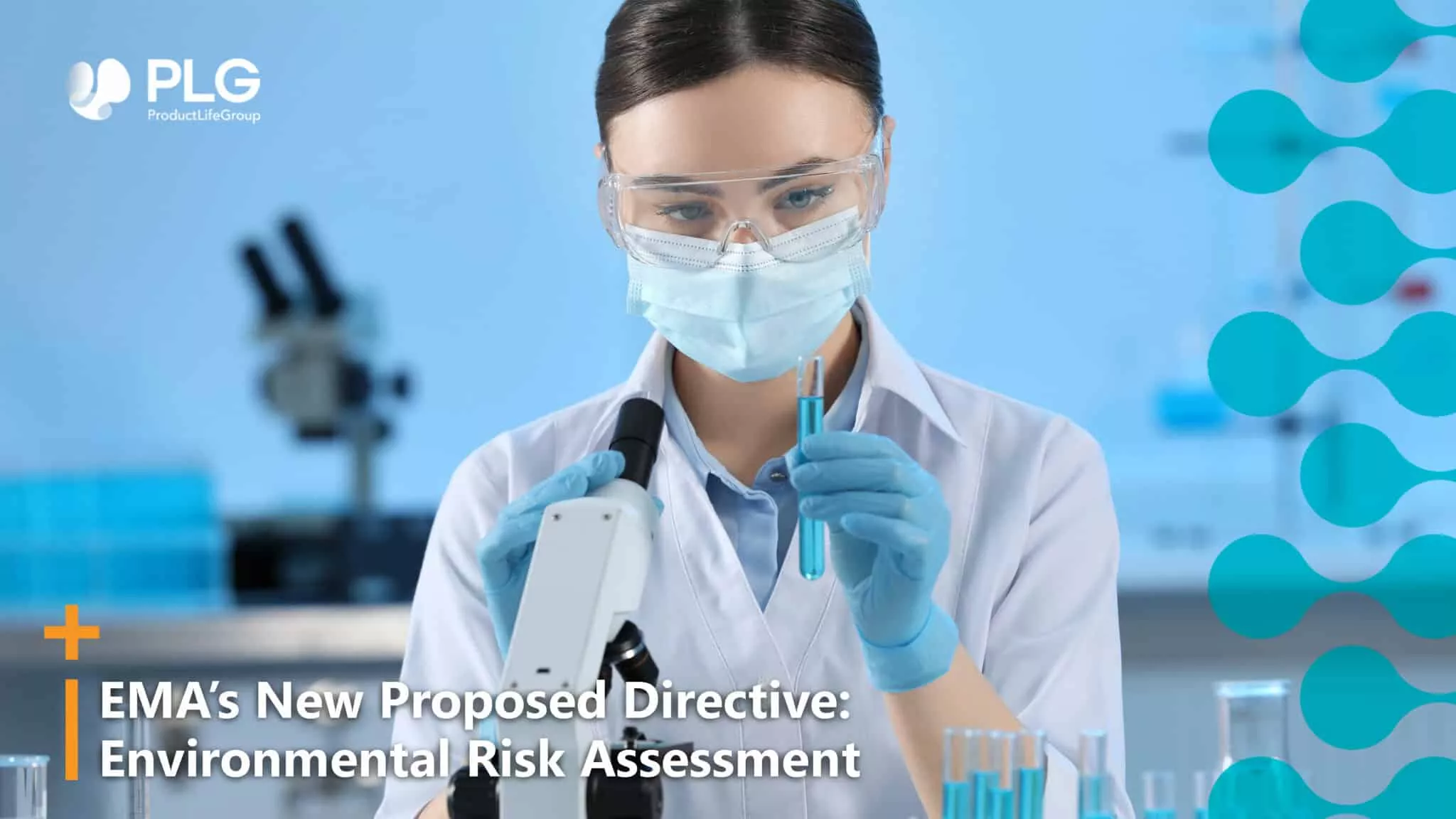
EMA's New Directive Proposal: Rethinking Pharmaceutical Legislation through Environmental Risk Assessment
15 september 2023

The spark that initiated the EMA to look into changing the ERA
In an era where environmental consciousness is at the forefront of global concerns, the European Medicines Agency (EMA) has taken a significant stride by proposing a comprehensive overhaul of pharmaceutical legislation. One of the proposed changes focuses specifically on integrating a more robust and mandatory Environmental Risk Assessment (ERA) process into the regulatory framework governing pharmaceuticals.
Environmental pharmaceutical residues have sparked concerns about ecological disruptions and potential long-term consequences. The EMA’s proposal to revise pharmaceutical legislation acknowledges the urgency of addressing these concerns. It aims to ensure that pharmaceutical products are developed, manufactured, and used with due consideration for their environmental impact.
The EMA’s proposed changes to the ERA
The heart of the proposed changes is the requirement for comprehensive data on pharmaceuticals’ environmental behavior. Manufacturers will be expected to provide, at the time of submission, detailed information on the fate of pharmaceutical residues of the medicinal product or any of its ingredients in the environment according to the criteria of Annex I to the Regulation (EC) No 1272/2008 (persistent, bioaccumulative and toxic; very persistent and very bioaccumulative; persistent, mobile and toxic; very persistent and very mobile or endocrine active agents).
The applicant will also be required to include in the ERA risk mitigation measures to avoid or limit emissions to air, water, and soil of pollutants. Moreover, the ERA for antimicrobials shall evaluate the risk for antimicrobial resistance selection in the environment.
Impact of the EMA’s proposed changes
All the Marketing Authorization Holders (MAH) must update the ERA with new information, including environmental monitoring, eco-toxicity studies, and risk assessment. Applications for generic, biosimilar, or (bio-)hybrid products may rely on studies conducted for the reference product when preparing their ERA. Still, they may need to provide additional data on their specific manufacturing processes (Article 22, Directive 2023/0132 ).
Concerning medicinal products authorized before 30th October 2005, there will be a program within 30 months after the entry into force of the Directive to require an ERA for products that have not been subject to an ERA and that are identified by the EMA as potentially harmful to the environment(Article 23 of the Directive). Of note, The Agency, in collaboration with the competent authorities of the Member States, will set up an active substance-based review system of ERA data (‘ERA monographs’) for authorized medicinal products, which will include a comprehensive set of physiochemical data, fate data, and effect data based on an assessment of a competent authority (Article 24 directive 2023/0132)
Additional measures to be implemented
The Directive also includes measures in case of inadequate ERA and risk mitigation measures such as withdrawal or refusal of MA application, a conditional MA application with the conduction of additional post-authorization ERA studies, revocation, suspension, or variation of the terms of the MA or Prohibition of supply or withdrawal of products from the market (Article 43-47 Directive2023/0132)
A beginning for change in how we view Environmental Risk Assessment in medicinal products
The EMA’s proposal to revise pharmaceutical legislation by incorporating an enhanced ERA demonstrates a forward-looking approach to tackling the environmental impact of pharmaceuticals. By urging manufacturers to provide comprehensive data and consider environmental risks throughout a product’s lifecycle, the proposal aims to create a more sustainable pharmaceutical industry. As the proposal undergoes further discussions and potential revisions, collaboration between regulators, manufacturers, researchers, and environmental experts will be crucial in shaping a well-rounded and effective regulatory framework that prioritizes human and planet health.
ProductLife Group’s willingness to support our clients remains stoic
Over the decades of our involvement in the healthcare industry as a service provider, PLG has written and supported clients on thousands of Environmental Risk Assessment reports. We have also supported on the management of ERA studies on behalf of our clients. The universal caliber of our Non-Clinical and Clinical experts are of the utmost highest and continue to evolve and grow as the regulations themselves adapt and change to meet the industry’s needs.
Let PLG support you, your products and your company in a smooth transition with advice, guidance and practical workings through these changing and any other dynamic global regulations you will face.
Contact us here.
References
2023/0132 (COD) DIRECTIVE OF THE EUROPEAN PARLIAMENT AND OF THE COUNCIL on the Union code relating to medicinal products for human use, and repealing Directive 2001/83/EC and Directive 2009/35/EC
Register to our news and events
Go to our Events to register
Go to our News to get insights
